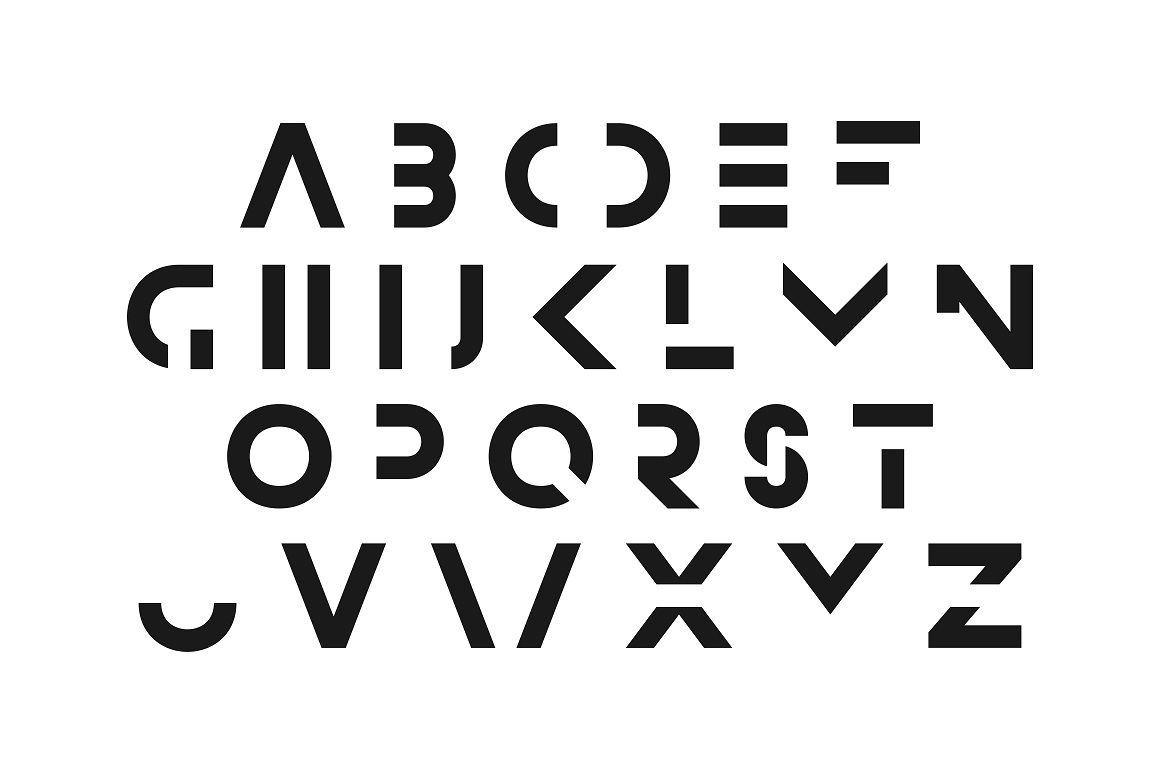You know how most people say they are "bad at math"? Imagine instead if most people were "bad at words" — imagine if our brains only had the capacity to remember a few dozen words, maybe 100 at max. Do you think we would be able to function like that? Do you think it would make conversation boring? Do you think it would make all of our stories and movies and shows tedious?
Believe it or not, 50% of everything we say AND write on a daily basis in English is composed of about 100 words.1 And the same is true of most other languages. So actually, if everyone was "bad at words," we would be ok.
Would it be a travesty and an utter loss to the inherent expressiveness provided by the suppleness of our language? Would we lose the intangible and inexplicable beauty of poetry, the flowing lyricism of great prose, the penetrating logic and catalytic rhetoric of a well-articulated argument? Would publications like this (and their inspiration) even exist? No, we would lose all of that. But for utilitarian purposes, we would be totally fine. Cavemen, yes, but we’d be a’ight.
Still, doesn't it seem unlikely that so few words get used so often? That's because we're only talking about 50% of the language, not 100%.
To get to 75%, you have to go to 1,000 words.
To get to 90%, you have to go to 7,000 words.
To get to 95%, you have to go to 50,000 words.
And so on with the Pareto distribution, as it gets harder and harder to get the remaining percentages. The total lexicon of the English language is impossible to quantify, but may be over 2 billion words.
But it's really not such a surprising fact that we can do so much with so little; it only seems unlikely because we forget how basic and how constrained the typical conversation is. But it's not just word choice that is limited, there are actually many more layers of restriction embedded and unappreciated in our language. The words are also limited by how they can be ordered in sentences (syntax), and then there are even broader rules about how those sentences can be constructed and combined and organized (grammar). And just because a sentence is grammatically correct doesn’t make it truthful or beautiful or convincing.
And it doesn’t stop there. If we zoom in instead of out (and this is a fact that I still struggle to wrap my head around), those ~2 billion words we use are (severely) limited by the number of letters from which they can be constructed. Every word we ever use is made up of just 26 letters. It seems so finite. So minuscule. But those letters can be combined in so many different ways as to create as shocking amount of variety and scope.
And then those words can be ordered in an unlimited number of ways to create dialogue, fiction, nonfiction, poetry, and so on. It's the same kind of probabilistic logic that tells us that no two decks of cards have ever been shuffled in the exact same order. It's hard to wrap our heads around this kind of combinatorial explosion. But it's true.
Does this example bring to mind any other phenomena in nature? Think about the marvel of DNA—the everlasting diversity of the human race is based on the pattern of just four chemicals: adenine (A), guanine (G), cytosine (C), and thymine (T).
Ok, so it's unrealistic that we would ever be so "bad with words" like this, right? Well no, there's actually a situation like this that most of us have experienced. Have you ever tried learning another language? It feels impossibly difficult at first. There are so many unpronounceable words and esoteric rules of grammar and seemingly mystical conjugations, and then irregularities and exceptions and caveats and wait — what's this? — nouns that have different sexes? And don't even get me started about declensions.
All this is overwhelming at first. But if you remember that the majority of any language is contained in just about 100 words, and most dialogue consists of a few very common phrases and questions, then it becomes much easier to digest. You may not be able to understand every person you come across who speaks this new language, but if you learn a phrase that you can use to tell them to speak to you like a five year old, then you will probably be able to speak with each other well enough.
Have you ever met someone who knows eight languages? It sounds impressive, but it's not actually that surprising once you realize that you only need to learn 100 words to “know” a language. And plus, most languages are part of families, for example, Romance (French, Italian, Spanish, Portuguese, Romanian) or Germanic (German, English, Dutch, Afrikaans) or Nordic (Danish, Swedish, Finnish, Norwegian, Icelandic). And so once you learn one of those, the others are really quite easy to add on to your list.
All you really need to know are the fundamental building blocks of the language, and from there you can build a foundation, and from there you can create any sort of superstructure you can imagine. Those top 100 words are the Legos of Language, but that pattern doesn’t just stop with Engish and DNA.
The same is true of any other discipline — whether playing sports or driving a car or riding a bike. When we first start, it seems impossible to do everything at once. But the more we learn about the discipline, the more we realize it's all just different permutations and combinations of the same basic movements. They are just done in more complex ways, or faster, or with multitasking added.
Two pertinent examples from my own life:
About 15 guitar chords are all it takes to play 1,000s of songs. I only needed to practice for a couple of days before I could play my first song, and a couple of weeks before I knew dozens, and now I know hundreds. You only need six strings and four fingers to play as many songs as you could possibly want to remember.
I’m currently learning salsa dancing. Everything basically boils down to 4 moves: the basic step, the left turn, the right turn, and the cross body lead. But add a few little tweaks and some spice, and you get this:
And then one final example (at the risk of burying a beaten horse) because this one really hits me as a writer. Shakespeare is the most prolific and celebrated English author of all time. Perhaps the most of any language. Did he have a massive vocabulary? Yes. About 15,000 words in his works (which is twice as large as the next biggest, Milton). But those words were essentially contained within just two very specific forms — the iambic pentameter (in most of his plays), and the Sonnet.
His works cover so many variegated human experiences and emotions and scenarios (all of them still incredibly relatable), and yet it’s all the same old “boring” formats. Within the narrow confines of these structures, Shakespeare was able to fully explore the territory of the language, to play with meaning and sound and story and wit. He could have written novels, or novellas, or short stories, or epic poems, or haikus, or bullet points, or editorials, or treatises. But he didn't. He stuck with what he knew.
The point of all this is twofold:
From a very limited pool of inputs, we can essentially create an unlimited number of outputs.
From a seemingly infinite pool of outputs (which may seem overwhelming and incomprehensible), we can easy understand their genesis by merely learning a few inputs.
Before, when we look at a new language or a new sport or a new hobby, we only see the overwhelming chaos and complexity and scale and scope. But with limitations, things become much simpler. We are able to focus. And then within the narrow confines of those restrictions, we have a true freedom to express ourselves, and then instead of analysis paralysis we have combinatorial explosion.
We’ve been talking for a few weeks now about this paradoxical dichotomy of freedom versus limits. So far, we’ve mostly seen how too much freedom is actually limiting. But now we see the flip side— within some seemingly restrictive limitations, there is unimaginable freedom. We’re going to continue to explore the implications of this topic in the coming weeks.
Please share this if you find it interesting. It’s honestly the most important thing you can do, second only to giving me feedback. Oh and contributing to the discussion by leaving comments. And also reading it. Ok, so 4th most important thing. But still, it helps so much.
The OEC: Facts about the language - Oxford Dictionaries Online







